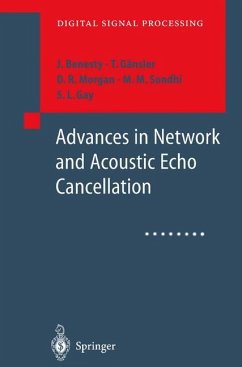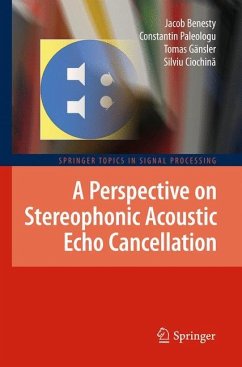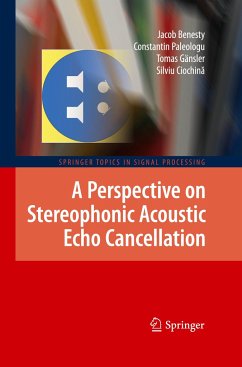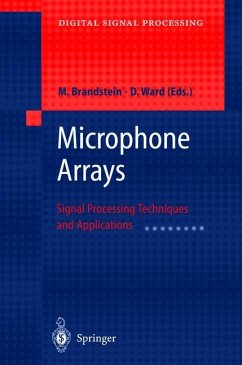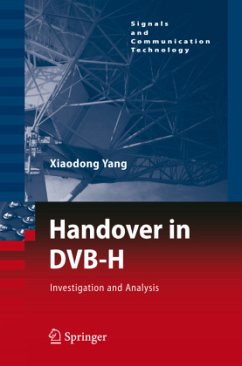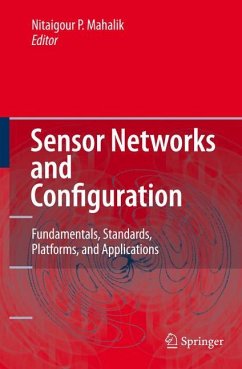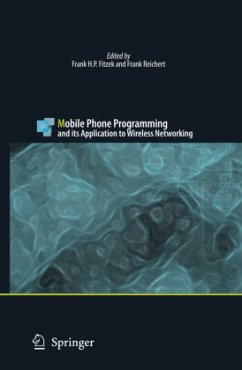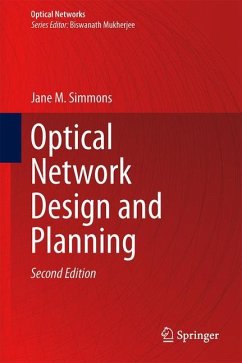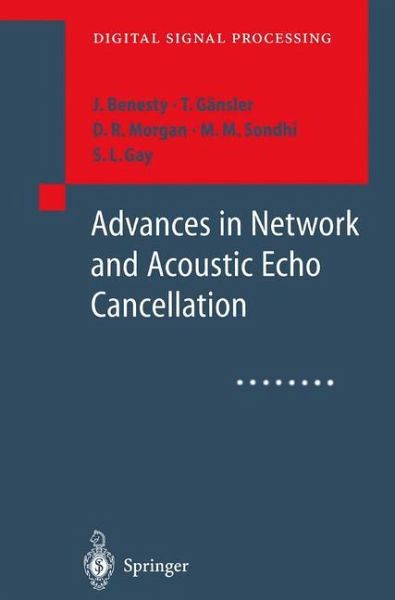
Advances in Network and Acoustic Echo Cancellation
Versandkostenfrei!
Versandfertig in 1-2 Wochen
77,99 €
inkl. MwSt.
Weitere Ausgaben:

PAYBACK Punkte
39 °P sammeln!
For many decades, hybrid devices have been used to connect 2-wire local circuits and 4-wire long distance circuits in telephone lines. This leads to a weIl known problem, whereby echoes are generated. The delay introduced by telecommunication satellites exacerbated this problem and the need for new methods of echo control soon became obvious. The best solution to date for solving this problem was invented in the 1960s at Bell Labs by Kelly, Logan, and Sondhi, and consists of identifying the echo path generated by the hybrid by means of an adaptive filter, a technique that became known as an ec...
For many decades, hybrid devices have been used to connect 2-wire local circuits and 4-wire long distance circuits in telephone lines. This leads to a weIl known problem, whereby echoes are generated. The delay introduced by telecommunication satellites exacerbated this problem and the need for new methods of echo control soon became obvious. The best solution to date for solving this problem was invented in the 1960s at Bell Labs by Kelly, Logan, and Sondhi, and consists of identifying the echo path generated by the hybrid by means of an adaptive filter, a technique that became known as an echo canceler. The echo canceler allowed full-duplex communication which was not possible with older echo suppression techniques. Later, with the development of hands-free teleconferencing systems, an other echo problem appeared; but this time the echo was due to the coupling between the loudspeaker and microphone. It is not surprising that the same solution was proposed to solve this problem,and most of today's telecon ferencing systems have an acoustic echo canceler. More recently, attention has been given to the very interesting problem of multichannel acoustic echo cancellation, which leads to more exciting applications that take advantage of our binaural auditory system.





